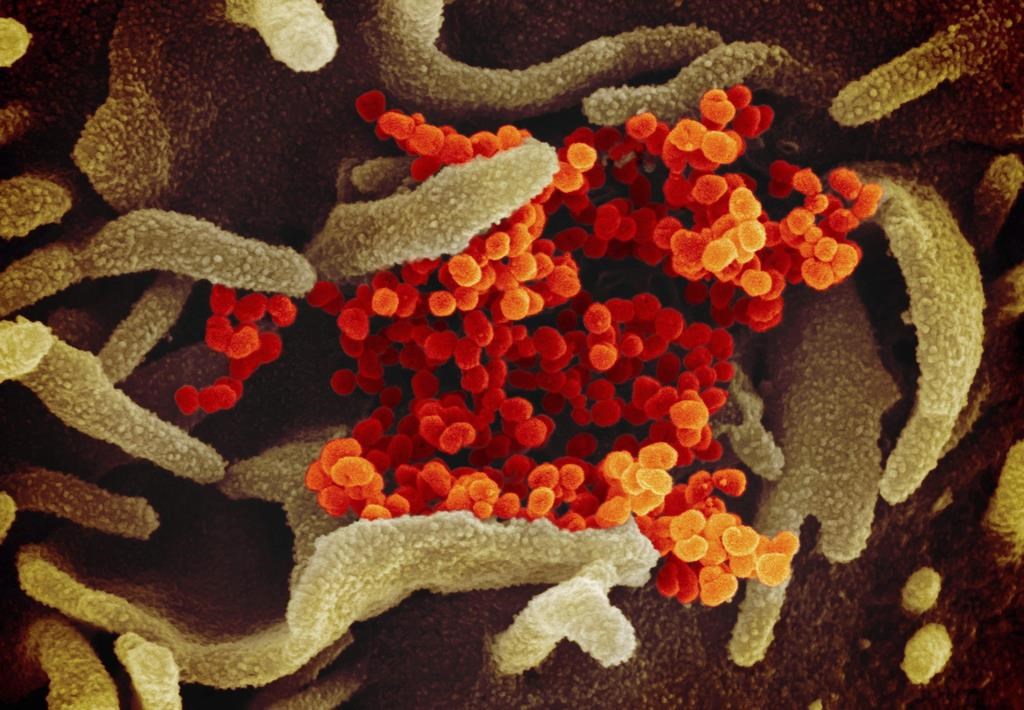The University of Waterloo says researchers at the school are working on a new at-home COVID-19 saliva test, which would deliver results in less than 20 minutes.

The school says the new test could put an end to delays in people getting test results and provide a better experience for those who need to be tested frequently.
“The use of paper devices coated with nanoparticles for COVID detection is a game changer,” Sushanta Mitra, one of the lead researchers on the project stated.
“Right now, COVID tests can take two to three business days to come back, and we know that’s too long,” the mechanical and mechatronics engineering professor continued.

“This test will provide an immediate positive or negative so that folks who are infected can isolate immediately.”

Get weekly health news
He says the test uses a paper-based detection platform which would keep costs down and also require minimal re-agents, allowing the tests to be administered quickly and widely.
The school says it is working with ChitoLytic Inc. on the research as the company “has developed the chitosan nanoparticles, an important substrate for the microfluidic sensor that is needed to make the test effective for use in saliva testing.”
The researchers are hoping to make rapid test kits available for first-stage testing sometime over the next six months.
- Quebec premier calls on Bloc Québécois to help topple Trudeau government
- Americans can now renew passports online. Canadians are still waiting
- Pablo Rodriguez quits Trudeau cabinet to seek Quebec Liberal leadership
- Telus call centre workers in Ontario facing ‘extreme stress’ as they fight Quebec move









Comments